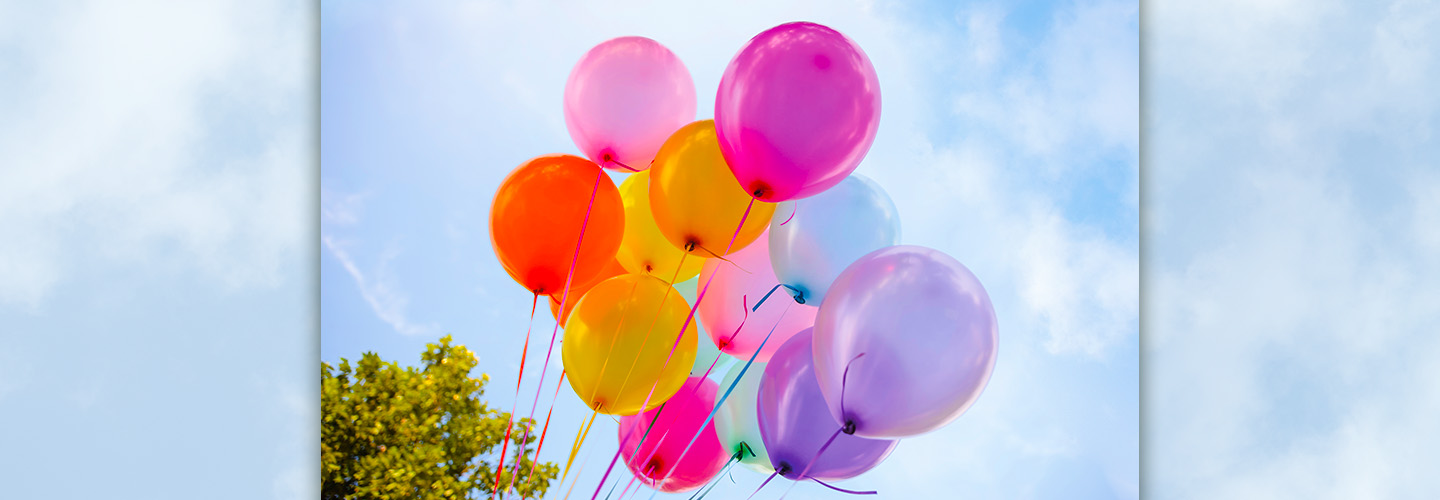Parties may look different these days in Laguna Beach, California. Starting this year, the sale and use of balloons at beaches, parks, and other public places is banned in that city. It’s also against the law to release balloons into the air. Anyone who breaks the law may have to pay up to $500.
Other cities have similar bans. Also, it’s illegal to release balloons into the air in Florida, Hawaii, Maryland, and Virginia.
The bans were put in place due to concerns about how balloons affect the environment. After balloons are released into the sky, they pop or deflate over time. Deflated balloons may end up on beaches or in the ocean. Birds, turtles, and other creatures can mistake them for food and choke. Animals can get tangled up in balloon strings too.
Balloons can also cause other problems. They may get caught in power lines. That can lead to power outages. Balloons led to more than 1,000 power outages in Southern California from 2015 to 2020.
People in Laguna Beach don’t have to give up balloons completely though. They can still buy them outside the city and use them at home. But the balloons must be thrown out in the trash. Officials say it’s important never to release balloons outside.

